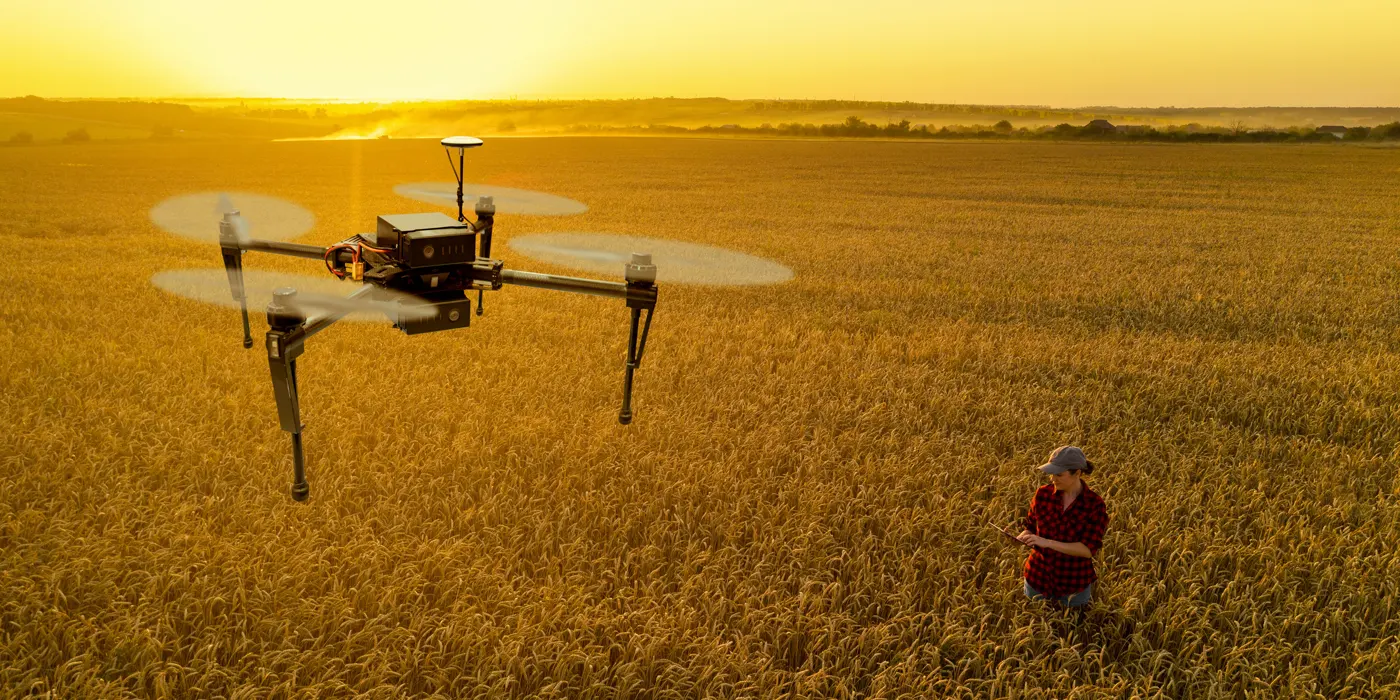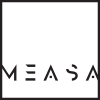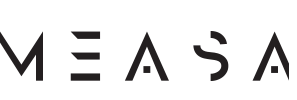
Social Metamorphosis
Mass entrepreneurship is already a part of the new metamorphosis. The widespread and increasing dissatisfaction with the neoliberal form of economic system gives rise to the search for alternative solutions. Assorted recessions, crisis and stagnations are simply the confluent phenomena. While crisis might be cyclical and economic evolution unidirectional, traditional economics can hardly distinguish the phenomena of crisis from those of transformation.
After a long string of transformations, there is a newly emerging economy, characterized by the processes of deglobalization, relocalization and regionalization. It is akin to biological metamorphosis: after many stages of caterpillar development, there emerges a butterfly – quite different and much more beautiful, yet still an integral part of the same organism.
Metamorphosis captures the qualitative character and irreversibility of the “new normal”. Accompanying or derived “transformations” of metamorphosis are, for example, self-service, disintermediation, mass customization, reintegration of labor, task and knowledge, digitization, circular organization, waste-less business and tradeoffs-free optimization.
Islamic Digital Solutions
Islamic banks cannot realistically expect to grow further if they lag behind their conventional peers in digital services. Given that millennials have a clear preference for conducting their banking services on digital platforms, digital banking could become a significant client segment for Islamic banks, and an important tool in becoming customer-centric. Hence, the adoption of next-generation technologies is no longer a choice, but an absolute imperative for Islamic banks to continue to gain market share.
MEASA is focused on modeling Islamic Digital Solutions beyond banking and is defining the Digital Islamic Economy in areas of Halal Food, Halal Travel, Islamic Finance, Modest Fashion, Islamic Cosmetics, Islamic Art & Design, Islamic Economy Education, Smart Mosques & Islamic Media.
Asset Recovery
Asset recovery remains high on the global agenda and is also included in the Sustainable Development Goals. Developing countries lose between US$20 to US$40 billion each year through bribery, misappropriation of funds, and other corrupt practices. These criminal flows are a drain on social services and economic development programs, contributing to the further impoverishment of the world’s poorest countries.
The process of tracing, freezing, confiscating and returning the stolen assets to their country of origin is usually a complex and lengthy one, involving multiple jurisdictions and often complicated by technical, legal or political barriers. The MEASA partnership actively supports international efforts to end safe havens for corrupt funds.
EPCF
The right choice of a project strategy is key to the success of your investment. EPCF, stands for Engineering, Procurement, Construction, Finance and is a prominent form of contracting agreement in the construction industry. The engineering and construction contractor will carry out the detailed engineering design of the project, procure all the equipment and materials necessary, and then construct to deliver a functioning facility or asset and finance to their clients.
As part of an EPCF engagement MEASA will be involved in project design, project preparation and technical execution support, project development studies, research and training programs, be responsible for managing the purchasing activity subjected to scrutiny and review to deliver complex projects along with the finance on the basis of international terms.
Data Sovereignty
With the rising popularity of cloud computing and Software as a Service (SaaS) solutions, data sovereignty is becoming more of a challenge and risk for businesses and governments alike.
Data sovereignty is a country-specific requirement that data is subject to the laws of the country in which it is collected or processed and must remain within its borders. Many countries have had these laws for decades, and new privacy laws such as the GDPR are only making them more prominent.
Cloud data can be subject to more than one nation’s laws. Depending on where it is being hosted or by whom it is controlled, different legal obligations regarding privacy, data security and breach notification may be applicable.
MEASA is actively working on solutions that can address the complexities of Data Sovereignty without compromising the benefits of a hyper-connected digital world.
Agri 5.0
Farming has seen a number of technological transformations in the last decades, becoming more industrialized and technology-driven. By using various smart agriculture gadgets, farmers have gained better control over the process of raising livestock and growing crops, making it more predictable and improving its efficiency.
Crops offer information that can be turned into profitable decisions when efficiently managed. Smart Farming is growing exponentially as data have become the key element in modern agriculture to help producers with critical decision-making. Data-based managed farms rely on data that can maximize efficiency, productivity and sustainability by avoiding the misuse of resources and the pollution of the environment.
Data-driven agriculture, with the help of robotic solutions incorporating artificial intelligent techniques, sets the grounds for the sustainable agriculture of the future. MEASA believes that farming systems must reconcile the need to produce enough healthy and affordable food with the equally important imperative of ensuring that we do not degrade the ecosystems on which we depend for life. We must transition through the Digital Agricultural Revolution into what we call “Agri 5.0.”

Integrating Value & Scale through ‘EPCF’
As companies go global, the geographic spread of projects demands greater visibility, information flow, and collaboration among business units. Adoption of technologies and solutions such as big data and analytics, mobility, IIoT, and digital content management across the value chain will help improve collaboration, effective project execution in a complex environment, and intelligent decision-making.

Agri 5.0 through Empowered Farmers
We have arrived at a point where food systems must produce enough healthy and affordable food without degrading the ecosystems on which we depend for life. The difference between a profitable year and a failed harvest is just the timely information on a simple data point of timing of sowing the seed. We must transition through the Digital Agricultural Revolution into what we call “Agri 5.0.” where AI-powered solutions will not only enable farmers to improve efficiencies but also improve quantity, quality and ensure faster go-to-market for crops.

